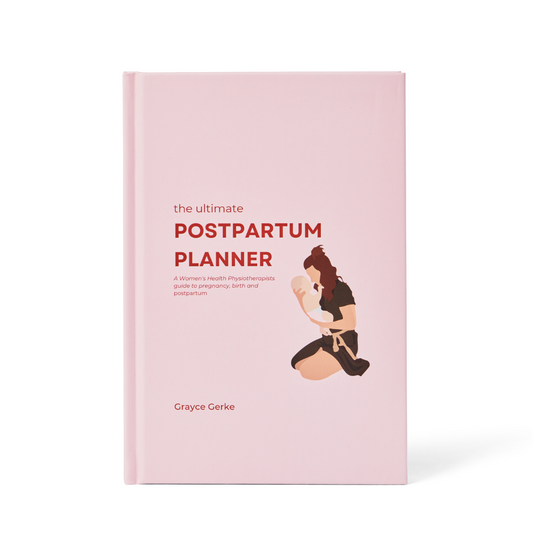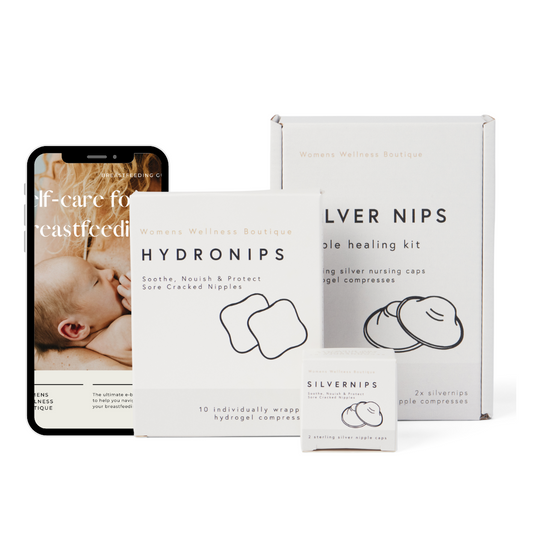Welcoming a new life into the world is a joyous and transformative experience for parents. However, for some, this transition can also bring about unexpected challenges, including postpartum depression (PPD). As a psychologist, it is crucial to raise awareness about PPD, recognize its signs, and equip individuals with effective coping strategies. This blog aims to shed light on postpartum depression, its symptoms, and practical ways to manage and overcome this condition.
Understanding Postpartum Depression:
Postpartum depression is a mental health condition that affects new mothers within the first year after childbirth. It is important to distinguish PPD from the “baby blues,” which are temporary mood swings and emotional changes that occur shortly after delivery. Unlike the baby blues, postpartum depression is more severe and persistent, often interfering with a mother’s ability to care for herself and her child.
Signs and Symptoms of Postpartum Depression:
1. Persistent sadness, hopelessness, or feelings of emptiness.
2. Loss of interest or pleasure in previously enjoyable activities.
3. Fatigue, even with adequate rest and sleep.
4. Significant changes in appetite and weight.
5. Difficulty concentrating, making decisions, or experiencing memory problems.
6. Irritability, restlessness, or excessive crying.
7. Anxiety, panic attacks, or obsessive thoughts.
8. Feelings of guilt or worthlessness.
9. Withdrawal from social interactions and a loss of interest in bonding with the baby.
10. Recurrent thoughts of self-harm or suicidal ideation (seek immediate help if experienced).
Coping and Management Strategies:
1. Seek professional help: If you suspect you or someone you know is experiencing postpartum depression, it is essential to consult a healthcare professional, such as a psychologist or psychiatrist, who specializes in perinatal mental health.
2. Establish a support system: Reach out to trusted friends, family members, or support groups for emotional and practical assistance. Sharing your thoughts and concerns with empathetic individuals can alleviate the feelings of isolation often associated with PPD.
3. Self-care: Prioritize self-care activities that promote physical and emotional well-being. Engage in activities you enjoy, practice relaxation techniques, maintain a balanced diet, exercise regularly, and ensure adequate sleep.
4. Open communication: Talk openly with your partner, family, and close friends about your feelings. Sharing your emotions can foster understanding and empathy, allowing your loved ones to provide meaningful support.
5. Acceptance and realistic expectations: Acknowledge that adjusting to motherhood takes time and that it’s normal to experience a range of emotions. Be kind to yourself, avoid self-judgment, and set realistic expectations for your daily routine.
6. Delegate and ask for help: Understand that you don’t have to manage everything on your own. Delegate tasks, whether it’s household chores or baby care responsibilities, and don’t hesitate to ask for help when needed.
7. Therapy and medication: In some cases, therapy, such as cognitive-behavioral therapy (CBT), or medication may be recommended by a healthcare professional to alleviate symptoms of postpartum depression.
Postpartum depression is a real and significant challenge that affects many new mothers. Recognizing the signs and seeking professional help is crucial for effective management. By implementing coping strategies, building a support system, and prioritizing self-care, it is possible to overcome postpartum depression and regain a sense of well-being. Remember, you are not alone, and with the right support, recovery is possible.





